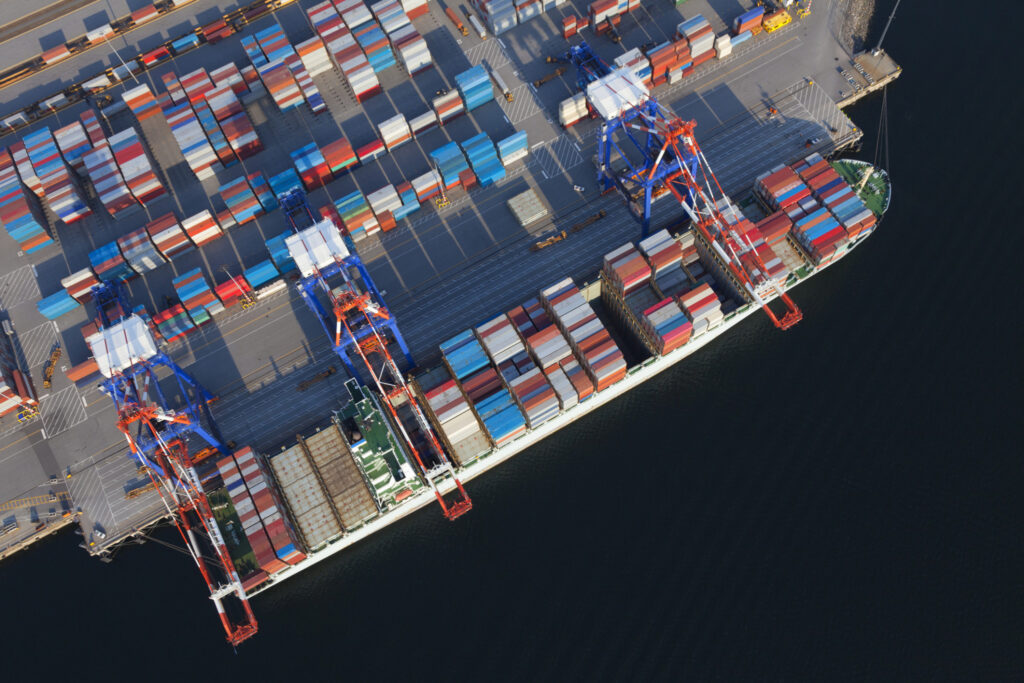Funding to support electric, alternative options at Prince Rupert
The Port of Prince Rupert will be the latest facility to leverage funds from the Integrated Marketplace, which helps B.C. companies produce and sell green technology locally – in this case, reducing emissions from idling equipment and vehicles.
“Trucking is an area of focus that we have identified and [we] are looking at various initiatives to support decarbonization,” said Brian Friesen, the Prince Rupert Port Authority’s vice-president of trade development and real estate, in an email to TruckNews.com.
“Testing out electric trucks and looking at alternative fuel sources will form some of the work addressed through the collaboration with the province, the Prince Rupert Port Authority, and the Indigenous-owned trucking company, Gat Leedm.”

Peter Mcsorley, Gat Leedm’s general manager, referred to it as an exciting collaboration.
Because the carrier takes care of a “giant share” of any of the export containers that leave the Port of Prince Rupert, it has been a part of the port’s sustainable program for awhile and is already working on a new electric truck program.
“Probably in the next month, we should have that up and running for a demonstration, to see how it works… We are also looking at using hydrogen [fuel-cell-electric trucks].”
However, Mcsorley says these changes will not affect the truck drivers significantly. The operations and most processes will remain the same.
“We’ll still have the same number of drivers, but it’s just going to be a cleaner way of doing it [trucking]. That’s all. We’re excited to work alongside the Prince Rupert Port to make things as efficient and as clean as possible.”
But with the Integrated Marketplace expansion and the province’s investments, other changes are expected to optimize the operations.
One of the goals is to use telematics and digitize port activities. Sharing the data and improving the processes will help improve supply chain capacity and resiliency.
“Building a resilient economy by addressing supply chain challenges with made-in-B.C. solutions will benefit the entire industry and create a greener and more prosperous future for trucking in British Columbia,” the British Columbia Trucking Association (BCTA) said in a statement.
Have your say
This is a moderated forum. Comments will no longer be published unless they are accompanied by a first and last name and a verifiable email address. (Today's Trucking will not publish or share the email address.) Profane language and content deemed to be libelous, racist, or threatening in nature will not be published under any circumstances.